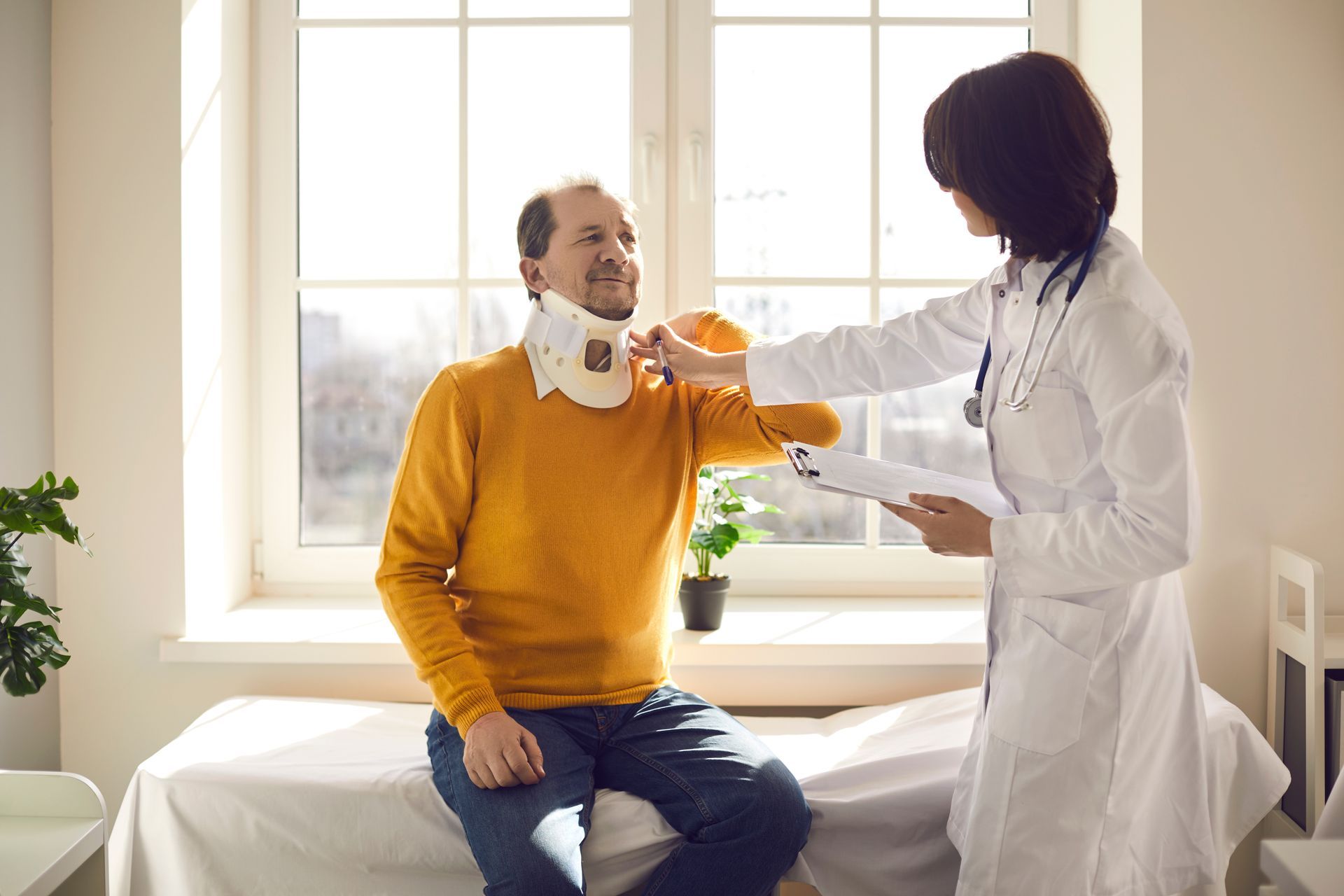Various medications that doctors may prescribe their patients can cause adverse effects. This includes antibiotics, opioids, stimulants and depressants. Antibiotics, in particular, may be among the most dangerous.
The Centers for Disease Control and Prevention (CDC) contends that antibiotics are one of the more commonly misused medications that result in adverse drug events (ADEs), leading to patient admittance to the emergency room (ER) far too often.
An estimated 200,000 patients visited an ER here in the United States between 2013 and 2014 after experiencing an adverse event associated with consuming antibiotics. This number equates to 16% of all ADE visits that occurred nationwide during that same time frame.
Those same CDC statistics show that 56% of children ages five or under who visited the ER with an ADE during that time frame suffered from an antibiotics-related complication. That same data shows that the leading reason adults under the age of 50 came to the ER with an ADE was for an antibiotics-related condition. The CDC’s statistics show that at least 82% of these complications were allergy-related ones.
A CDC estimate from between 2004 and 2006 captured how only one in every 1,000 patients who consumed antibiotics would need to visit the ER after suffering a side effect. A patient’s risk factor for developing an upper respiratory infection was even lower. The researchers found that the most common type of adverse event was an allergic reaction. They concluded that the most effective way of minimizing this type of ADE was to reduce a patient’s use of antibiotics as much as possible.
Getting a prescription drug into a patient’s hands is a collaborative effort. Manufacturers must let doctors know of the medication’s intended uses and associated side effects. Doctors should take a thorough medical history on their patients and assign the proper diagnosis to minimize their ADE risk. Pharmacists must go over potential contraindications and emphasize proper dosage instructions when a patient fills their prescription. When someone fails to do their job, a patient can suffer.
If a drug manufacturer, physician or pharmacist fails to uphold their responsibility to advise you as the patient of the side effects of taking a prescription drug, then Louisiana law may allow you to hold them accountable for their actions. An attorney can review your Baton Rouge case’s details and let you know how you may want to proceed.



